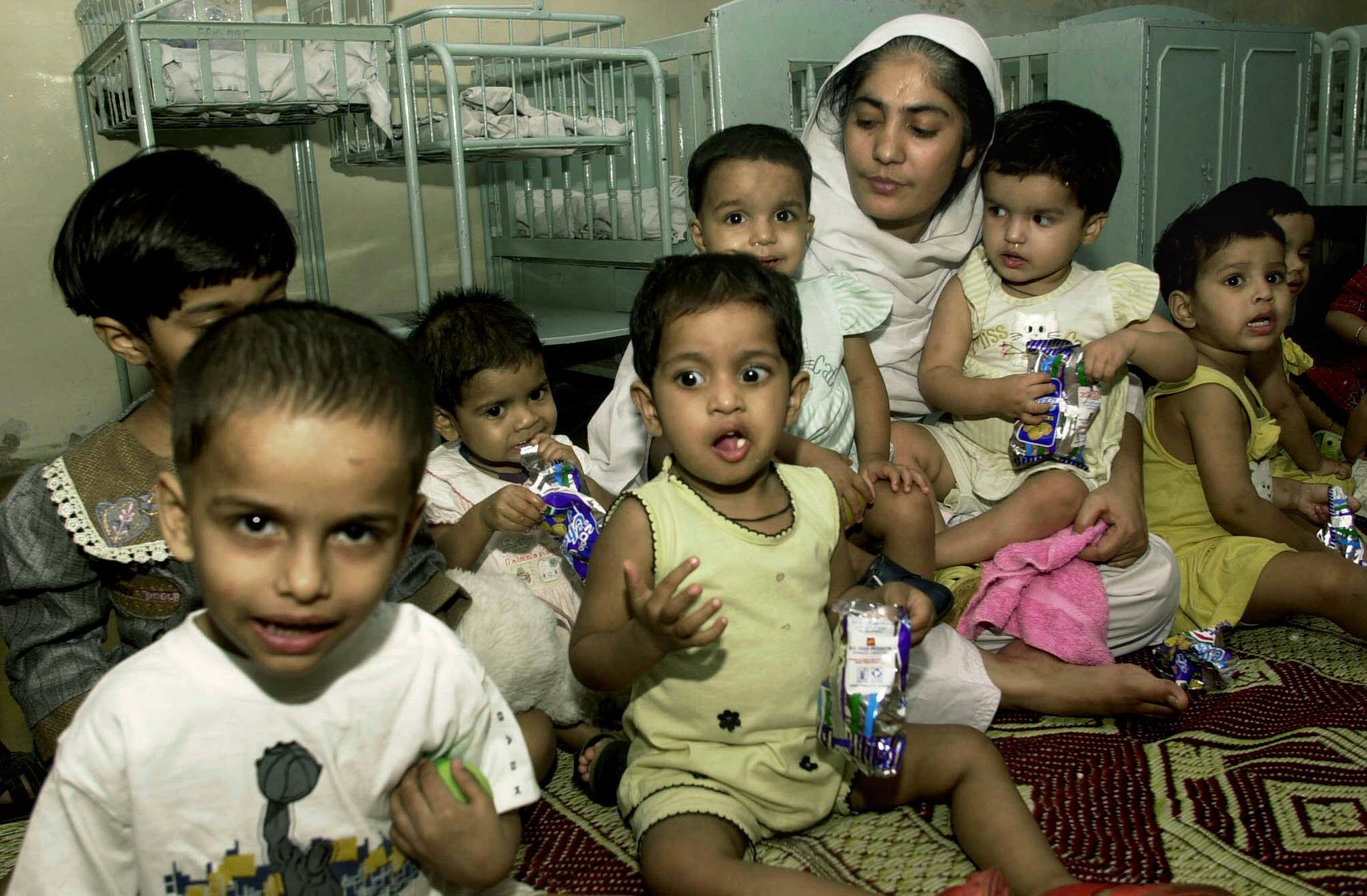I came to Pakistan to have babies. Well, not literally speaking—it was more complicated than that—but it sure was a factor. I’ve had three children in the five years since my marriage and return.
In my New York days, when I was a slim, die-hard gingerbread-latte lover and a loyal visitor to the old-book section at the Strand on 14th Street, I often pondered a move home to Lahore. Staying in Manhattan—raising children in a cupboard-sized apartment—looked difficult. I anticipated paying exorbitant nanny wages and worried about strangers dosing my infants on sleep medicines. I envisioned shuttling diaper-clad babies and sullen middle-schoolers from school to Islamic centers in a desperate attempt to provide them with a balanced Muslim upbringing. I imagined my children speaking Urdu with an odd lilt or worse yet, not speaking Urdu at all because it wasn’t cool.
That did it. I made the move.
I have realized, in the past five years, that I duped myself into believing that motherhood would be simpler here. The days of nani-jan—grandmother—baby-sitting seem a distant fantasy. The well-heeled Paki grandmothers of 2013 are busy working, running committee parties, or trotting off to Dubai to shop. Though it’s hard to come across statistics, in a poll I did of 50 young mothers, only five said they could leave their children with their mothers for an extended period.
As the working daughter of a working mother, I have never been able simply to hand off my children to their nani jan. When I groaned and moaned about my predicament to a girlfriend in the U.S., she suggested what seemed like the perfect solution: “Day care.” And so I delved eagerly into a search for nurturing, stimulating, professional day care. Three-and-a-half years later, I am still searching. Day cares are few and far between, and I have found none of quality. Most employ aayas in uniform who provide the barest minimum of care: feeding, dressing, and pottying. Despite the increased number of women in Pakistan’s corporate work force, the idea of day care facilities at work is still considered strange.
At the two television channels where I’ve worked in relatively senior positions, I’ve fiercely advocated for day care facilities. My voice has been heard—and rejected—at the highest echelons. The owner of one channel looked at me as if I had suggested we paint the building bright orange with polka dots: “We don’t have any space,” he said. The CEO of the second channel said no one would be able to get any work done with children wailing all the time.
A handful of schools and a few foreign-owned companies, including the Norwegian media firm, Telenor, and the American food and notions company, Unilever, provide day care for their employees. But that’s about it. Though the government sector employs a decent number of women, they never offer day care.
So before I left my job, I tried advocating for telecommuting. But every executive I spoke to laughed at my suggestion; one found it so funny he made it his Facebook status. My immediate boss’ response was simple: “Why don’t we move the entire channel to your house? Wouldn’t that suit you more?” The reply from HR was even more outrageous. “You shouldn’t be working if you have two infants. You should be staying home with them. You can’t work and spend time with them: It’s not possible to have it both ways.”
Well, Mr. General Manager of Human Resources, I have news for you. It is possible to have it both ways. Maybe not in your little kingdom, where 90 percent of the work force is male, but in many offices around the globe and a sprinkling of them in Pakistan, it’s happening. Mothers are managing their children while pursuing their careers. In New York City, it’s the norm.
Now, when I daydream of the cramped New York City apartment, the schlepp to Islamic centers, and even Urdu as a second-best language, bringing up children there doesn’t seem so bad.
